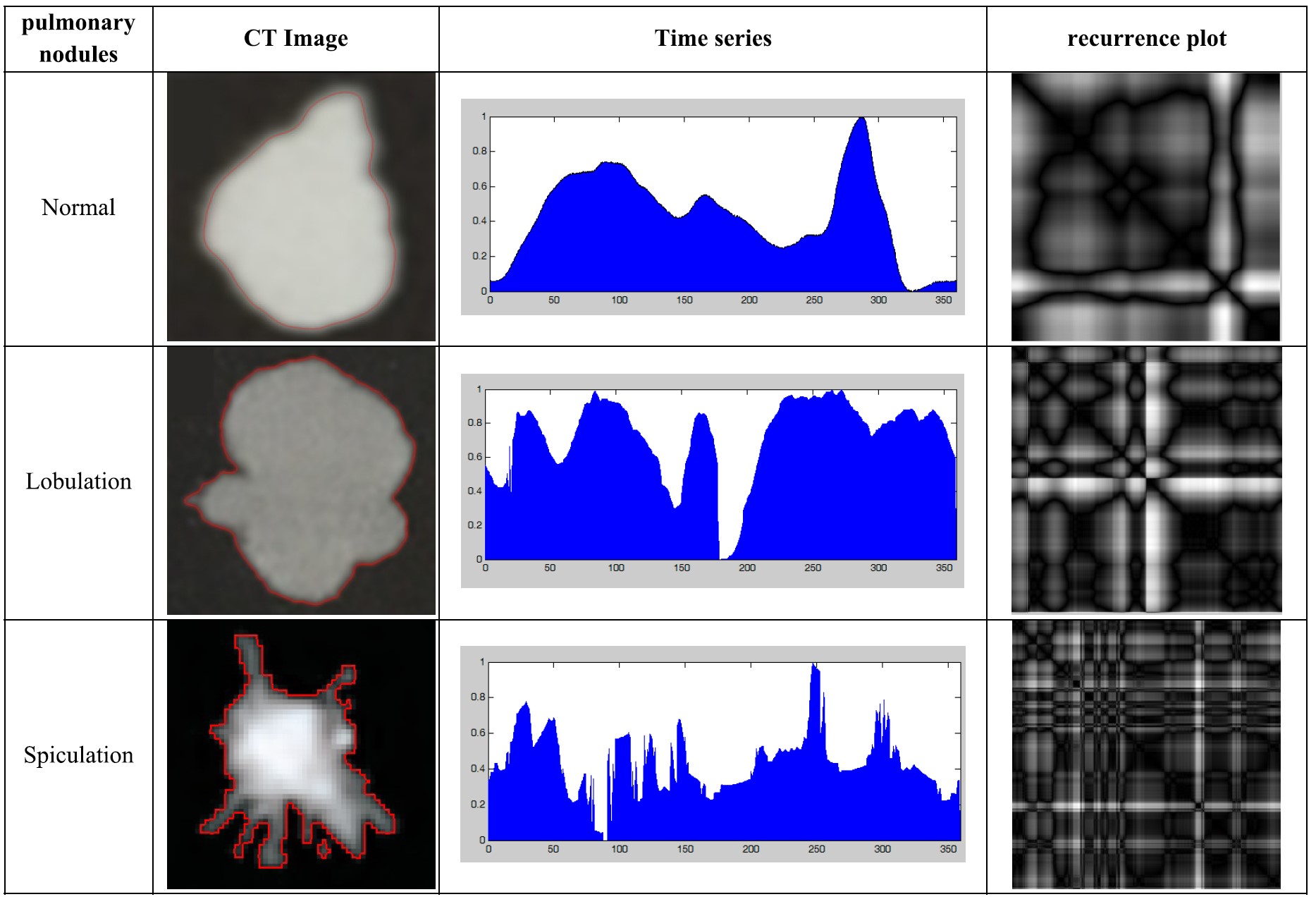Pulmonary nodules are the main pathological changes of the lung. Malignant pulmonary nodules will be transformed into lung cancer, which is a serious threat to human health and life. Therefore, the detection of pulmonary nodules is of great significance to save lives.
However, in the face of a large number of lung CT image sequences, doctors need to spend a lot of time and energy, and in the detection process will inevitably produce the problem of false detection and missed detection.
Therefore, it is still a challenge to segment pulmonary nodules accurately and recognize the characteristics of pulmonary nodules in CT images. We need a complete set of semi-automatic lung nodule extraction and feature identification system to be established, which is in line with the doctor's diagnosis process.
A research team led by Prof. Dr. QIU Shi from Key Laboratory of Spectral Imaging Technology, Xi'an Institute of Optics and Precision Mechanics (XIOPM) of the Chinese Academy of Sciences (CAS) proposed to utilize the recursive graph visualization model to realize the visualization of boundary similarity. A video similarity distance discrimination system is introduced to quantify the similarity between the nodules to be examined and the pulmonary nodules in the database. This is the first time that dynamic time warping algorithm is applied in the field of image processing. The results was published in IEEE ACCESS.

The characteristics detection result image. (Image by XIOPM)
The computer is used to simulate the detection process of doctors, and the accurate segmentation of pulmonary nodules is proposed based on the statistical information of image regions.
Moreover, we focus on the pulmonary nodule boundary information to expand the pulmonary nodule into a time series. Its boundary information is intuitively displaced through the establishment of recursive graph and its system is discriminated through the distance of video similarity.
The proposed pulmonary nodule extraction and sign recognition shows a great potential for high-efficiency and high-accurate lung cancer detection and can reduce the intensity of doctors' work and improve the efficiency of doctors' sign discrimination.


